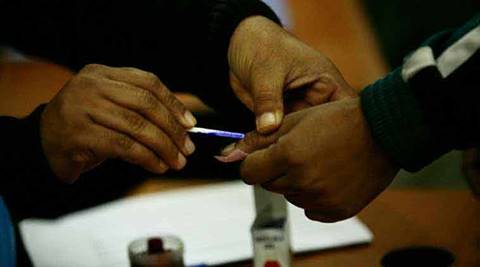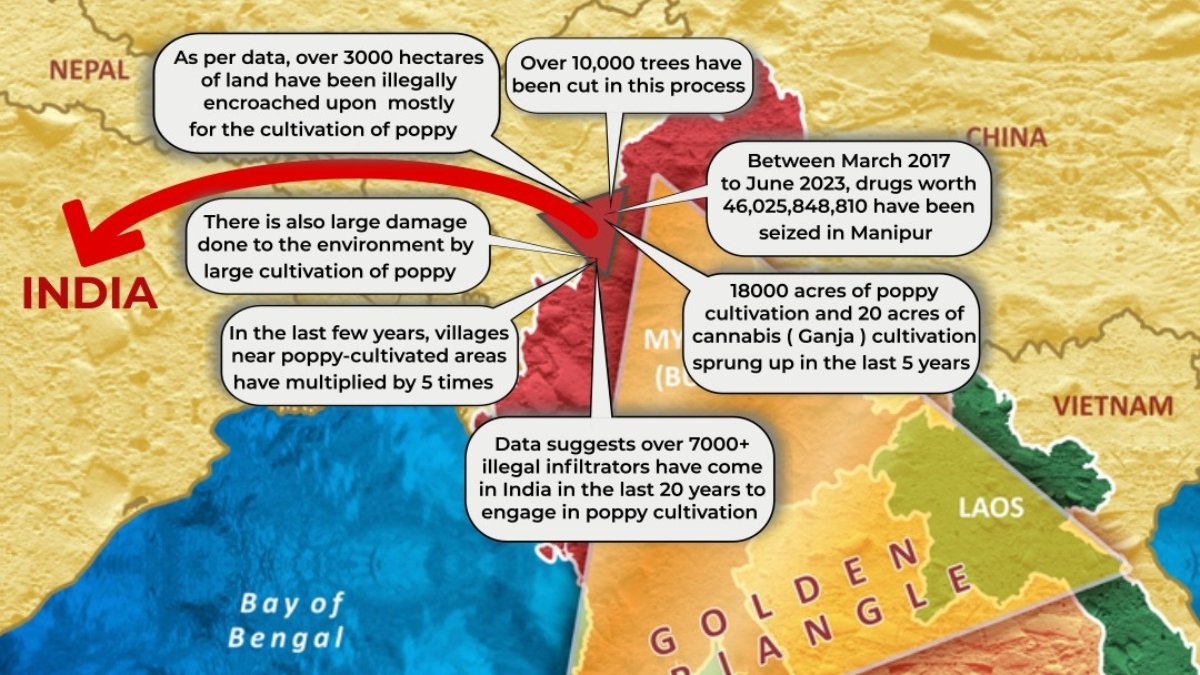Putting the Polls to the Test: Analyzing Unopposed Elections
 Even if they are legally recognized, unopposed elections bring important issues with democratic representation and the use of voting rights. There should be discussion about the Surat and Arunachal Pradesh election outcomes, which were portrayed as "free and fair" even though no one cast a ballot.
Even if they are legally recognized, unopposed elections bring important issues with democratic representation and the use of voting rights. There should be discussion about the Surat and Arunachal Pradesh election outcomes, which were portrayed as "free and fair" even though no one cast a ballot.
Democratic Rights and the Legal Framework
Unopposed elections, as defined by Rule 11 of the 1961 Conduct of Election Rules, denote a triumph without dissent. They do, however, bring out issues with voter disenfranchisement and lack of choice. Recent events, including the disqualification of two candidates for the Surat Lok Sabha seat and the subsequent withdrawal of eight more, highlight the necessity of a more thorough analysis of the electoral process.
Election procedures are outlined in the Representation of the People Act, 1951, and include scenarios in which the number of candidates either matches or exceeds the number of seats available. It does not, however, include provisions for circumstances in which no candidates run for office or in which all voters abstain from voting, raising concerns about the Election Commission's responsibilities and the role that voters play in the process.
Comparative Evaluation of Financial Regulations and the Electoral Process
The concept of competition and its ramifications are clarified by drawing a connection with the General Financial Rules (GFRs), which require fair and transparent procedures for public procurement. The voting procedure raises worries about voter exclusion and the concentration of power in the hands of a few number of candidates, even though it matches some parts of procurement laws in assuring impartiality.
Fascinatingly, the General Financial Rules (GFRs) stress the value of competition in public procurement, much like Rule 11 of the Conduct of Election Rules 1961 does. They do, however, also acknowledge that there may be special cases, as with the Single Tender Enquiry, which emphasizes the necessity for flexibility while maintaining justice and openness.
The fact that voters are not allowed to select their representatives highlights the contradiction between democratic ideals and the political process. The fundamental elements of democracy are undermined by the lack of alternatives, underscoring the necessity of changes to rectify this imbalance.
Problems with the Election System
The paradox of electoral exclusion is that the "elector" is completely excluded from the process of choosing their representative under the current electoral system. Under this arrangement, people who do not even have one vote could be able to hold legislative offices and supposedly represent whole constituencies. Because voters are left with no other options, such a framework presumes their decisions, which raises questions about how easily a small number of candidates could manipulate the electoral process. In a worst-case scenario, candidates from each of the 543 parliamentary constituencies might take advantage of the system, denying basic rights to billions of voters and weakening democracy itself.
Predisposition for Contesting Candidates: There is a prejudice for contesting candidates in the Representation of the People Act (RPA). It classifies a total election boycott as equal to casting no votes and falls under Section 65, 'Equality of Votes'. When two candidates receive the same number of votes, the returning officer makes the call, therefore substituting the system's procedural convenience for the popular will. A major obstacle to democracy, which at its core promotes government "of the people, by the people, and for the people," is this inherent contradiction. Furthermore, even while the RPA permits the publication of an additional notice in the event that no candidates submit nominations at the outset, it says nothing about subsequent instances. But in practice, it keeps out those who choose not to vote and deprives them of the
Possible Remedies
Adding a minimum percentage of votes for winning candidates to the first-past-the-post system is one suggested fix. This would guarantee elected officials receive real support from voters instead of depending on wins that go down without a fight.
Furthermore, if no candidate runs more than once, the seat can be transferred to the nominated category, where the President of India can propose a suitable candidate, providing a different way to guarantee representation in the event that no candidates run.
A "rain washes out play" or a "collusive walkover" must be prevented with this discussion in order to guarantee a free and fair election devoid of intimidation or favors. One could counter that if there are no candidates to choose from, voters may likewise be deprived of their rights. Only when there is interest among candidates and voters does the democratic process succeed. To cast a vote, you must be approached by someone.
In summary
Unopposed elections provide serious difficulties for the democratic process by bringing up issues with fairness, voter turnout, and representation. A complex strategy that includes electoral processes, legal reforms, and public discourse is needed to address these issues.
Through a critical assessment of current conventions and the development of creative solutions, interested parties may preserve democratic values and guarantee that elections accurately represent popular desire. The situations of Surat and Arunachal Pradesh operate as impetuses for significant discourse and action, opening the door for a more equitable and inclusive democratic system.
Numerical evidence from recent incidents makes clear the necessity for substantial reforms and emphasizes how urgent it is to address concerns related to unchallenged elections.

 Separatist insurgencies have long plagued northeastern India, and Manipur is a crucial border state that is susceptible to the illegal drug traffic that originates in the Golden Triangle. This area, which includes parts of Thailand, Laos, and Myanmar, is now widely associated with drug manufacture and trafficking, which presents serious difficulties for India's internal security. The relationship between international drug traffickers and insurgency groups in Manipur has significant ramifications for the socioeconomic environment and exacerbates already-existing security issues.
Separatist insurgencies have long plagued northeastern India, and Manipur is a crucial border state that is susceptible to the illegal drug traffic that originates in the Golden Triangle. This area, which includes parts of Thailand, Laos, and Myanmar, is now widely associated with drug manufacture and trafficking, which presents serious difficulties for India's internal security. The relationship between international drug traffickers and insurgency groups in Manipur has significant ramifications for the socioeconomic environment and exacerbates already-existing security issues.